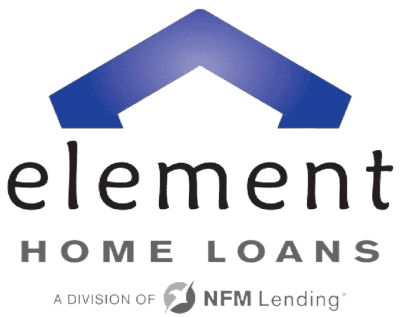P&L Loan
Leveraging Your Business Success for Homeownership
P&L Loan
What is a P&L Loan?
A P&L loan is a type of mortgage that allows self-employed borrowers to qualify based on the financial health of their business, as demonstrated through their Profit and Loss (P&L) statements. Lenders evaluate the borrower's ability to repay the loan using the P&L statement rather than more conventional income documentation like W-2s or tax returns.
This type of loan is specifically designed for business owners, freelancers, and entrepreneurs who may have a profitable business but lack the conventional income proof required by standard mortgage products. P&L loans offer a solution for those whose income fluctuates or doesn't fit neatly into the standard boxes.
Benefits of a P&L Loan
- Income Flexibility for Self-Employed Borrowers
One of the most significant advantages of a P&L loan is its flexibility for self-employed individuals. If you're running a business, your income might vary from month to month, or you might have write-offs that reduce your taxable income on paper. A P&L loan allows lenders to see the bigger picture—your overall profitability—making it easier for you to qualify.
- Easier Qualification for Business Owners
P&L loans recognize that many entrepreneurs put a sizable amount of their earnings back into their businesses, which can make traditional income documentation like tax returns appear lower than it truly is. By evaluating the P&L statement, lenders can assess the business's real income, more accurately reflecting the borrower's financial position.
- No Need for Extensive Tax Returns
Traditional loans often require borrowers to provide several years' worth of tax returns, which can be time-consuming and stressful, particularly if your income has fluctuated. P&L loans streamline this process by focusing on your business's current profitability, allowing you to avoid the burden of providing detailed tax history.
- Greater Loan Amounts Based on Business Performance
If your business is profitable, you may qualify for larger loan amounts through a P&L loan than you would with a traditional mortgage. By using your P&L statement to verify income, you can unlock the potential for a higher loan amount, helping you secure a home in a competitive market or finance a more substantial real estate investment.
- Faster Loan Approval Process
Focusing on the P&L statement rather than extensive documentation can make the approval process for P&L loans quicker and more straightforward. This is especially beneficial if you're looking to close on a property quickly or need financing in a timely manner.
For self-employed individuals and business owners, P&L loans offer a valuable alternative to traditional mortgage products. By allowing you to qualify based on your business's profitability, P&L loans provide a more accurate reflection of your financial situation and offer the flexibility to secure financing even if you don't have conventional income documentation.
A P&L loan might be the key to getting the money you require if you want to buy a house, refinance your existing mortgage, or make real estate investments. It's a tailored solution that empowers business owners to leverage their hard work and success in a way that opens doors to new opportunities. Working with a knowledgeable lender is important to ensure that a P&L loan aligns with your long-term financial goals.
Let’s Chat
Start your journey today, feel free to reach out to us for personalized mortgage guidance and assistance.
Do you like to speak directly?
Call Us On: (281) 767-6700 or Email Us.
Contact Us
Element Home Loans

Contact Us
(281) 767-6700Send Me An Email
Katy, TX 77449
Licensed In: TX
The content provided within this website is presented for information purposes only. This is not a commitment to lend or extend credit. Information and/or dates are subject to change without notice. All loans are subject to credit approval. Other restrictions may apply. Mortgage loans may be arranged through third party providers.

Rick Carrier
It takes just 60 seconds to get started!
